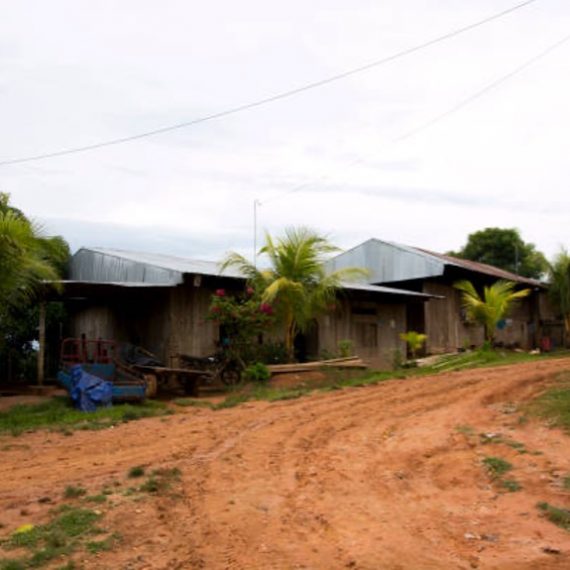
Rural exodus in Africa is one of the major challenges facing the continent. The rural population represents around 60% of the total population in sub-Saharan Africa, and is expected to reach 70% by 2050.bit.ly/3UgpWdnThis trend is accompanied by strong urbanization, leading to socio-economic and environmental problems. However, a glimmer of hope is emerging through the processing of agricultural products. By exploiting this opportunity, Africa could reverse the trend of rural exodus while stimulating economic development.
1. The context of rural exodus
The rural exodus in Africa is fuelled by a variety of factors, including a lack of employment opportunities, and limited access to education and health services in rural areas. Rural youth are particularly hard hit, often seeking a better future in urban centers. According to a CIRAD report, by 2050, rural exodus is set to increase from 1.2 million to 2 million (bit.ly/49am6He) of people a year in African countries where there is significant internal displacement. This phenomenon is linked to a number of sociological, economic and climatic factors. On the one hand, it reflects the desire of rural youth to benefit from better education and a better standard of living in the cities. On the other hand, it results from the lack of economic diversification and low income of rural populations.
2. Processing agricultural products: untapped potential
The processing of agricultural products offers inestimable potential for reversing the rural exodus. Rather than simply growing and selling raw materials, rural communities could add value to their products through processing. This could include transforming cereals and vegetables into ready-to-eat food products, making handicrafts from agricultural raw materials, or producing renewable energy from agricultural waste.
According to a study by the Sustainable Development Program (SDP), the processing of agricultural products could create up to 10 million direct jobs in African countries. It could also boost the incomes of agricultural producers by up to 50%, enabling them to increase their investment in land and infrastructure.
3. Positive impact on the environment
Processing agricultural products can also have a positive impact on the environment. Rather than relying on intensive farming practices, diversification into processing enables rural communities to draw on local resources while reducing pressure on arable land.
4. Challenges and solutions
Processing agricultural products is not without its challenges. Rural communities can face obstacles such as lack of technical skills, adequate infrastructure and access to markets. It is in this context that #AS-Food is emerging as a key player in the transformation of agricultural products.
The company offers versatile mini-mills which enable rural communities to process their fruit and vegetables locally, creating employment opportunities and stimulating economic development. AS-Food offers practical solutions to reverse the rural exodus.
In conclusion, agricultural transformation is emerging as a crucial response to the rural exodus in sub-Saharan Africa, and even illegal immigration to Western countries. The initiatives of companies such as AS-Food and Neper Ventures, led by entrepreneurs with a dual African-Western culture and an international vision, are to be encouraged. At As-food, we're convinced that it's by combining private, public and NGO initiatives that we'll be able to reverse the trend in the long term.







